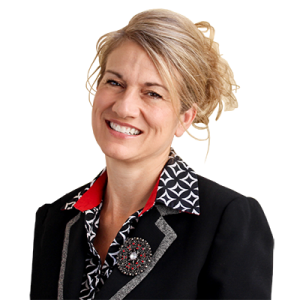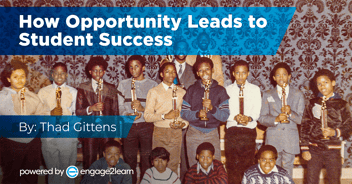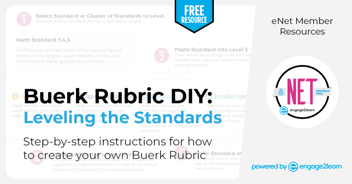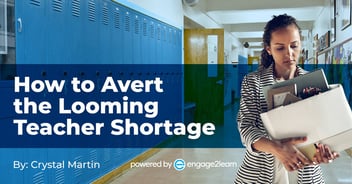The Gift of Learning from Our First Teachers | engage2learn
The fall of 2018 has afforded me several occasions to reflect upon how I acquired certain skills and knowledge. My Papaw passed away in August, my last remaining grandparent, and that gave me pause to think about what I had learned from him. Also, I was humbled to receive three different awards and was interviewed about my journey to this work with engage2learn. Then, my high school basketball coach, Pat Hunt, who was legendary, passed away. This man was so impactful that there were 43 former players who attended his funeral, and we were all pallbearers. I was asked to speak at his funeral and reflected on all we had all learned from him. Finally, our daughter received her first job and during that search process, I noticed – and she also acknowledged – that she was applying some things she had learned from us. It is always good to reflect, and let the gratitude that comes from understanding where you came from and how others have shaped your path rise up in you.
I realize that I am nothing by myself. That is, everything I am and everything I have learned, has come from another source. So, I felt this holiday time would be a good opportunity to think about my first teachers’ influences. Click To Tweet
I love when Paul writes in the sixth chapter of Galatians, “For if a man thinks himself to be something, when he is nothing, he deceiveth himself” (6:3, KJV). I have come to understand what Paul means in this verse because when I really analyze it, I realize that I am nothing by myself. That is, everything I am and everything I have learned, has come from another source. So, I felt this holiday time would be a good opportunity to think about my first teachers’ influences, specifically my parents, that have shaped who I am today.
We were poor. I didn’t know it at the time, but we truly didn’t have much when I was growing up. I remember when I was in fourth grade and I told my mom I needed pantyhose (they were IN then) and notebook paper before the next school day. She replied that we only had money for one of those, so I made the wise decision to buy pantyhose and borrow notebook paper! One of the things I love most about the way in which our parents raised us is how we learned to become the ultimate problem-solvers. We were encouraged to figure things out with few resources, and our parents modeled this as well. We saw them do more with less with an optimistic attitude. They did not complain. Instead, they rolled up their sleeves, faced challenges head on, and found unique solutions, and they expected us to do the same. Working within constraints to solve a problem is one of the lifelong skills that I treasure and I find it makes a difference for me daily in the hard but meaningful work we do now.
Speaking of hard work, immeasurable work ethic goes way back in my family. My Papaw and Granny were two of the hardest working people I’ve ever known, right next to my Dad and Mom. Like many people of that generation, my grandparents owned a farm. My grandparents and parents alike worked tirelessly on that farm, as all farmers do, from sunrise to sunset. Once we left the farm, my parents continued to work hard each and every day and are still not retired. I never saw my parents shy away from hard work or ever moan about it. After working long hours at a day job, my mom and dad both “dug in” at home, too. We did not own a television, and it would have been a waste if we had because we all had things to do in the evenings. I was shocked to learn recently from The Stunning Costs of Distraction by Brendon Burchard that the average person spends over 13 full years of life watching TV. My parents never wasted a minute on it! We all learned to work hard and built great capacity for work. Incidentally, my parents played hard as well. We went on camping trips and lots of road trips, during which we had fun doing things outside together when they had time off. I am thankful that I learned to work at a young age, and it has never felt like a burden to me.
I also learned entrepreneurial skills from my parents. They not only worked on my grandparents’ farm, but they also owned a trucking business and a construction clean-up business, as well as other endeavors. They were always finding ways to better themselves and forge their own path. Besides problem-solving, which goes hand in hand with growth mindset and grit, we learned from our parents that you must set goals, stretch beyond your current situation, and take risks. I am thankful for the independent spirit constrained by integrity, honesty, and trust that my parents both modeled and expected from us.
I invite you to celebrate student learning that happens outside of school and recognize the knowledge and skills we acquire from all of the sources around us. Our first teachers are critical to our long-term growth and success. Click To Tweet
As educators, we often think of learning as something that only occurs in school. Today, I invite all educators to celebrate with their students’ learning that happens outside of school and recognize the knowledge and skills we acquire from all of the sources around us. Our first teachers are critical to our long-term growth and success. I have always valued the research on the importance of mediators, which I studied while in graduate school. During that time, I was pregnant with our daughter, Karina, so it was timely for me to understand that the most important way to influence our children is through mediating the world for them. Lev S. Vygotsky first presented empirical findings to this notion in 1978, in which he explains the pivotal role of social interaction upon one’s cognitive development. Moreover, Vygotsky “believed strongly that community plays a central role in the process of ‘making meaning,’” and suggests that mediators serve as the catalysts for humans to alter their environments in order to better interact with nature and process the world around them (source).
When we have students in schools that have not had the opportunity to have an adult mediator in their life, it is critical that educators become the first teachers or mediators. This does not work in whole group, and it this is not one of those things that can happen through peer collaboration very effectively. Mediation is individualized and is effective when the mediator can be responsive to the child in a just-in-time manner. Furthermore, I do not believe that Google is a substitute for this role either. This role of a mediator is critical for an adult to play in the lives of children who need the world explained to them. I am thankful that regardless of how busy my parents were, they, and others, took the time to talk to me and answer questions and mediate my understanding of the world.
Call to Action: Who were your first teachers? Who has had impact on your life and helped to shape who you are today? Please share your thoughts by replying below in the comments or re-tweet with your personal account. May this reflection bless you with the same gratitude I have experienced this season.




